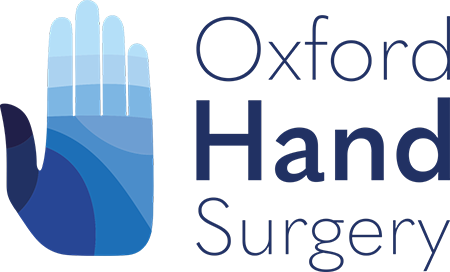What is De Quervain's tenosynovitis?
It affects the tendons situated on the thumb side of the wrist.
It is understood that activities which require certain wrist or hand movements can make de Quervain's tenosynovitis worse, although the root cause of the condition is not yet known.
What causes de Quervain's tenosynovitis?
Tendons are structures which attach bone to muscle, they normally glide smoothly, but if there is irritation of the sheath, which protects the tendons, this can lead to swelling and thickening that restricts the tendons' movements.
De Quervain's tenosynovitis is more common in patients with inflammatory arthritis, women who have given birth recently and those who have sustained trauma to the tendon or wrist.
Symptoms of de Quervain's tenosynovitis
The predominant symptoms of de Quervain's tenosynovitis include; pain and swelling near the thumb base; difficulty in moving the wrist and thumb when performing pinching or grasping movements; a 'sticking' feeling in the thumb when trying to move it.
De Quervain's tenosynovitis is usually diagnosed via physical examination, and a Finkelstein test which involves the bending of the thumb across the palm of the hand can be performed.
There is the potential for the condition to cause pThese measures include; ice treatment on the affected area; resting the affected thumb; and nonsteroidal anti-inflammatory drugs (NSAID) like naproxen and ibuprofen.
Treatment options for de Quervain's tenosynovitis
Conservative treatments for de Quervain's tenosynovitis can include home or lifestyle remedies such as wearing a splint or brace, and following an exercise programme to improve how the tendons glide.
Medications - including ibuprofen and naproxen - can be effective in reducing pain and swelling. Corticosteroid injections into the tendon sheath are another method of treatment.
Surgical options can involve the opening of the sheath, in order to release the pressure on the tendons, allowing them to glide freely. Strengthening exercises may be recommended by a physical therapist as part of rehabilitation post-surgery.
Get in Touch
Connect on social:
